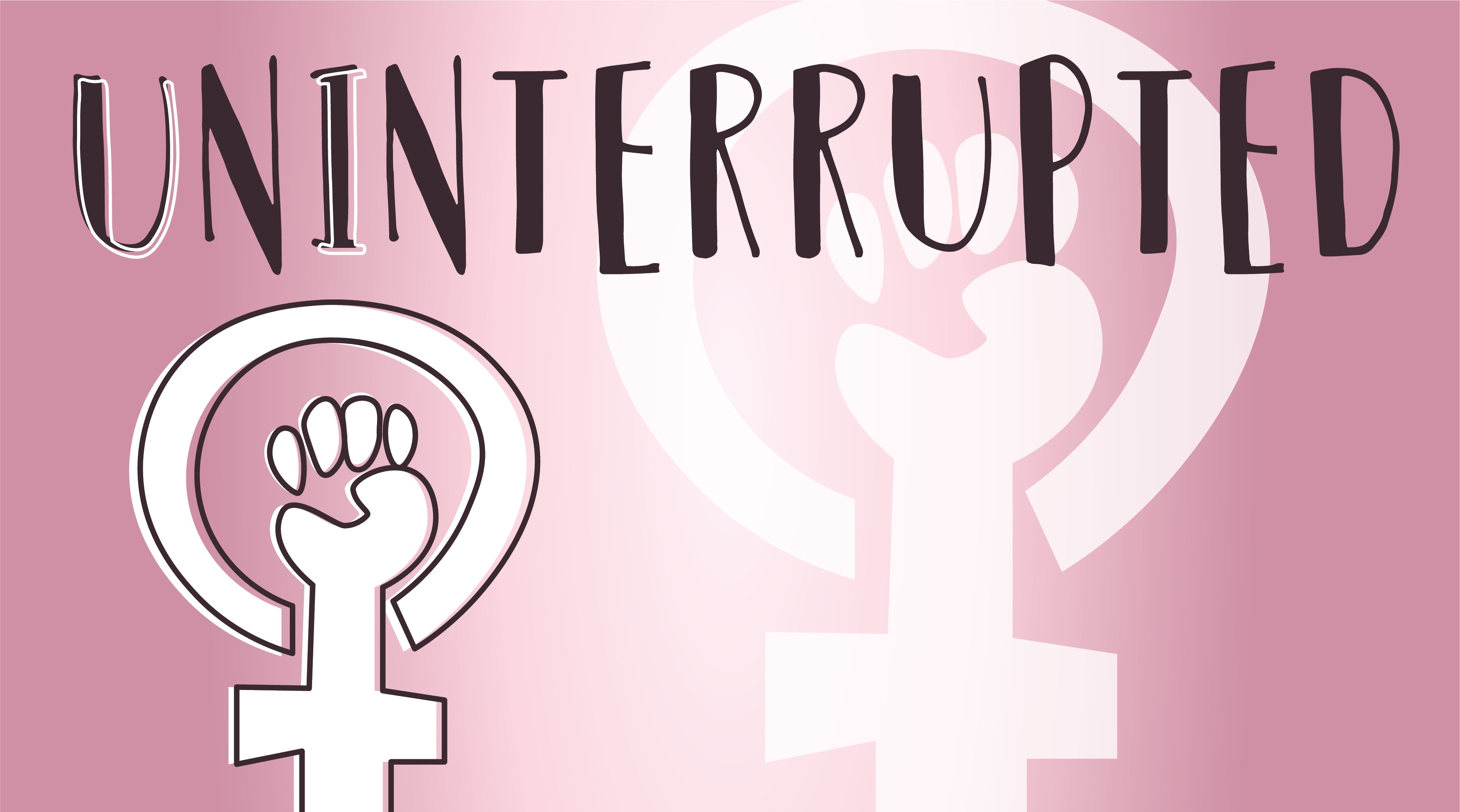
Hollywood goes too far
By: Kyndall Cunningham, Columnist
I was scrolling through my Twitter feed about a week ago when I saw a retweet of a news article about an upcoming, now debuted, Lifetime film about the Flint water crisis with a photo of Queen Latifah playing a seemingly concerned resident of the city.
That was quick, was the first thought that ran through my mind before even clicking on the article, as it did for others who replied to the tweet with disdain over the commercializing of a tragic, and most importantly, yet to be resolved issue.
This observation of the film and television industry is hardly new. I’m used to seeing major film companies green-light films that exploit black folks’ pain and suffering for entertainment while simultaneously educating well-meaning, yet ignorant white liberals on just how bad slavery or the Jim Crow-era was. Lifetime’s manifestation of this draining issue brings it all to a head.
“They haven’t even fixed the problem yet” and “show some respect” were along the lines of discourse that followed on Twitter after the exposure of the made-for-TV film of an uninspired name, “Flint,” that premiered on Oct. 28. It wasn’t much of a surprise that the movie drew negative reviews, with critics noting its lack of impact beyond being one of many sad urban tales that we’re used to mainstream Hollywood shoving down our throats for a pat on the back in the name of diversity.
The film industry has mastered this skill to a tee, feeding us skillfully written, romanticized versions of the black American plight and later showering us (i.e. in many cases, white producers and screenwriters) with the highest of film honors when award season rolls around. But it’s starting to fail.
“Just because a movie has black people in it being tortured doesn’t mean it’s important” — Lena Waithe
That was a tweet by Master of None star and Emmy-winning writer Lena Waithe. She crafted the concise yet poignant tweet (Twitter users assumed) in response to trailers and promos for Hollywood’s latest black torture porn flick to hit the big screen, “Detroit,” the movie that depicted the Algiers Motel incident during Detroit’s 1967 riots that left three black civilians killed and the remaining survivors tortured by police.
Hollywood’s skewed idea of diversity, specifically for black people in film, is to tell stories of brutality, oppression and pain while highlighting the beauty in our people’s resilience. In some cases, these moments in history are exploited to shock you, make you cry or rethink history.
They’re stories we know all too well, mostly from our families’ teaching and our own knowledge. It becomes tiring to only see our pain on film from a historical perspectives rather than contemporary, coming-of-age stories about joy, triumph, family, growing up, following your dreams — the plot lines we see in films with white protagonists. It’s time for diversity to mean diversity in writing, directing and producing and not just acting so we can tell the stories we want to tell.

